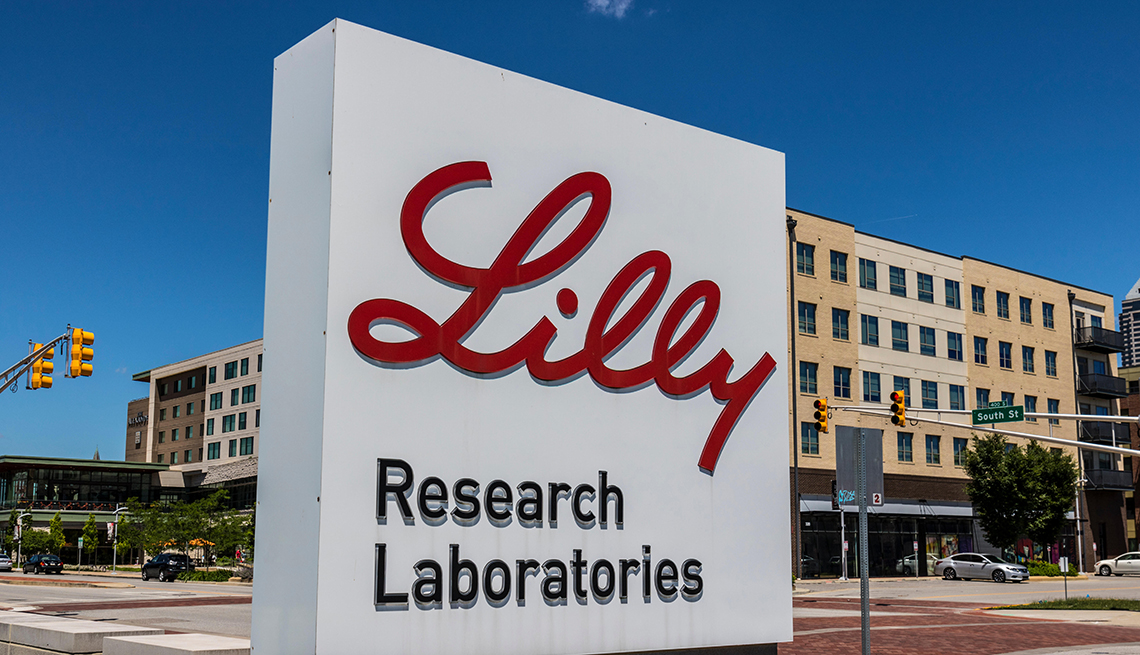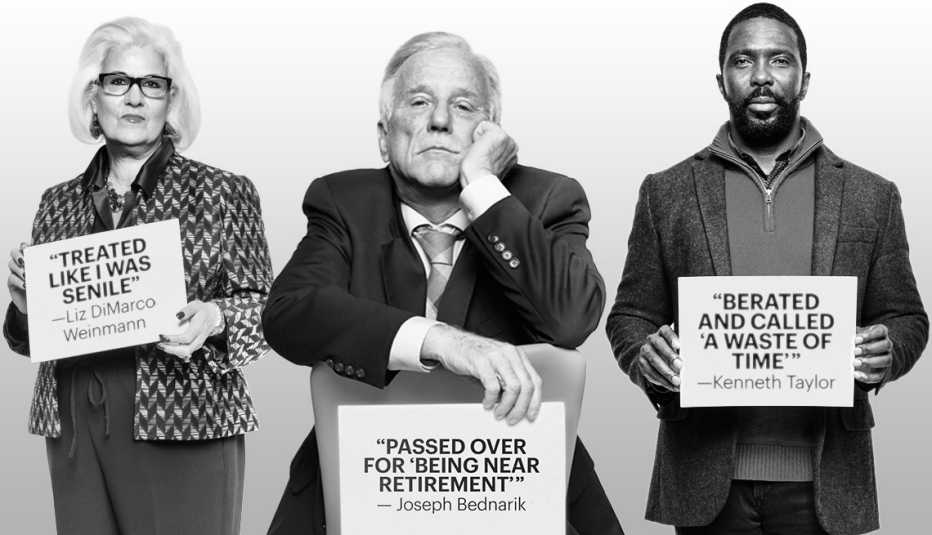AARP Hearing Center
In a lawsuit filed in federal court in September 2021, two midcareer workers alleged drugmaker Eli Lilly discriminated against older job applicants in favor of hiring early career professionals and millennials instead. That litigation, which is ongoing, could become a nationwide class action lawsuit, which would open eligibility to many older applicants who were rejected in recent years.
This month, the U.S. Equal Employment Opportunity Commission (EEOC) has filed its own age discrimination lawsuit against Eli Lilly on similar grounds, asserting that company refused to hire older workers for positions as sales representatives from 2017 to 2021. The federal agency filed the lawsuit after attempts to reach a settlement with Eli Lilly through the conciliation process failed.
According to the first lawsuit, newly appointed CEO David Ricks told Eli Lilly staffers in a company-wide conference call in April 2017 that he wanted workers who are millennials to be 40 percent of the company’s overall sales force by 2020. In some cases, the millennial hiring quota was later raised to 100 percent if lower thresholds were not being met, the lawsuit alleges.
“Eli Lilly believes younger applicants are better suited to be employed in a sales representative role,” the lawsuit says. “Because sales representative roles are primarily client-facing roles whereby sales representatives regularly interact with physicians who prescribe Eli Lilly products to their patients, Eli Lilly prefers that sales representatives to have a youthful appearance.”
The plaintiffs allege that the company’s bias denied them employment opportunities, specifically in the sales department of Lilly’s diabetes and primary care business units. The federal Age Discrimination in Employment Act (ADEA) bars employers from discriminating against people 40 and older, an age group that now includes the eldest members of the millennial generation, born between about 1981 and 1997.































































